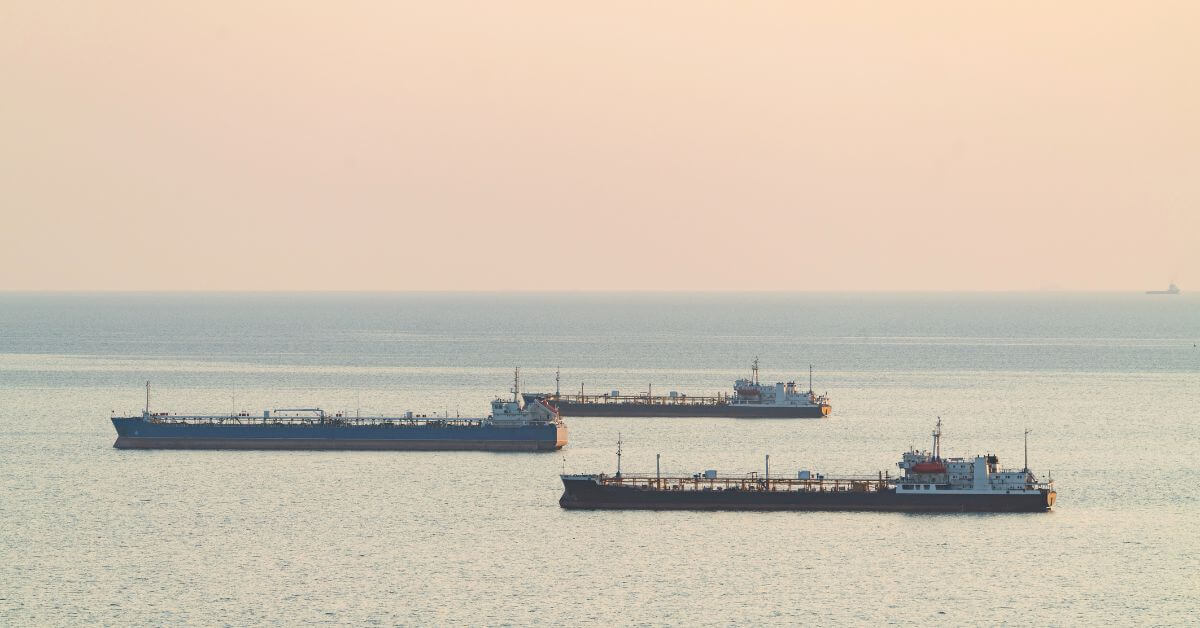
IMO Presents Crew Of Tanker & Tugboat With Exceptional Bravery At Sea 2024 Award
December 4, 2024
France Welcomes Its First-Ever Hydrogen Powered River Vessel
December 4, 2024

The United States has imposed new sanctions on Iran targeting its shipping industry. These sanctions, which mainly affect vessels owned or operated by Iran’s state-run shipping companies, have restricted the nation’s ability to export goods, especially crude oil, through its fleet.
The sanctions block ships associated with the Islamic Republic of Iran Shipping Lines (IRISL) and its subsidiaries, including the IRISL-owned fleet of tankers, cargo ships, and bulk carriers.
The sanctions also target companies operating under the IRISL, such as the Kharg Shipping Company, which handles most of Iran’s maritime exports.
The US Department of the Treasury’s Office of Foreign Assets Control (OFAC) has actively added these vessels to its sanctions list. Any company caught doing business with these vessels, whether by providing port services, fuel, or cargo, could face significant fines or other penalties.
“These sanctions are a serious blow to Iran’s shipping industry, which is already struggling under the weight of existing restrictions,” says a shipping analyst. “It’s going to be much harder for them to move goods, and any international shipping company that interacts with their vessels will be at risk of US penalties.”
The impact of these sanctions is already being felt globally. As oil prices remain high, Iran’s state-run vessels will struggle to find buyers, especially as companies worldwide steer clear of any vessels linked to the country.
The US sanctions are making it more difficult for these ships to access essential services such as repairs, insurance, and port entry.
The sanctions also target key Iranian vessels such as the Grace 1, a tanker that was previously detained by British authorities in 2019 for attempting to transport oil to Syria in violation of European Union sanctions. This, along with other similar vessels, are now officially blocked from entering US ports or conducting business with American companies.
For shipping companies around the world, the sanctions create a tough situation. With the US playing a major role in global trade and financial systems, most shipping companies are now avoiding any transactions with vessels that could be linked to Iran.
Even indirect dealings could expose companies to the risk of hefty fines or being added to a sanctions list. Shipping costs will likely rise, and delivery delays could become more frequent, causing widespread disruption in global trade.
For the Iranian government, these sanctions are a major setback. Iran has long used its shipping fleet to bypass international restrictions, but now, even this route is narrowing.
The country is reportedly exploring new ways to avert the sanctions, including operating vessels under different flags or using less-known shipping companies to avoid detection.
Companies involved in the global shipping network need to be cautious when dealing with vessels connected to Iran, or they risk severe penalties that could disrupt their operations.
References: U.S Treasury, Reuters
Source: Maritime Shipping News


